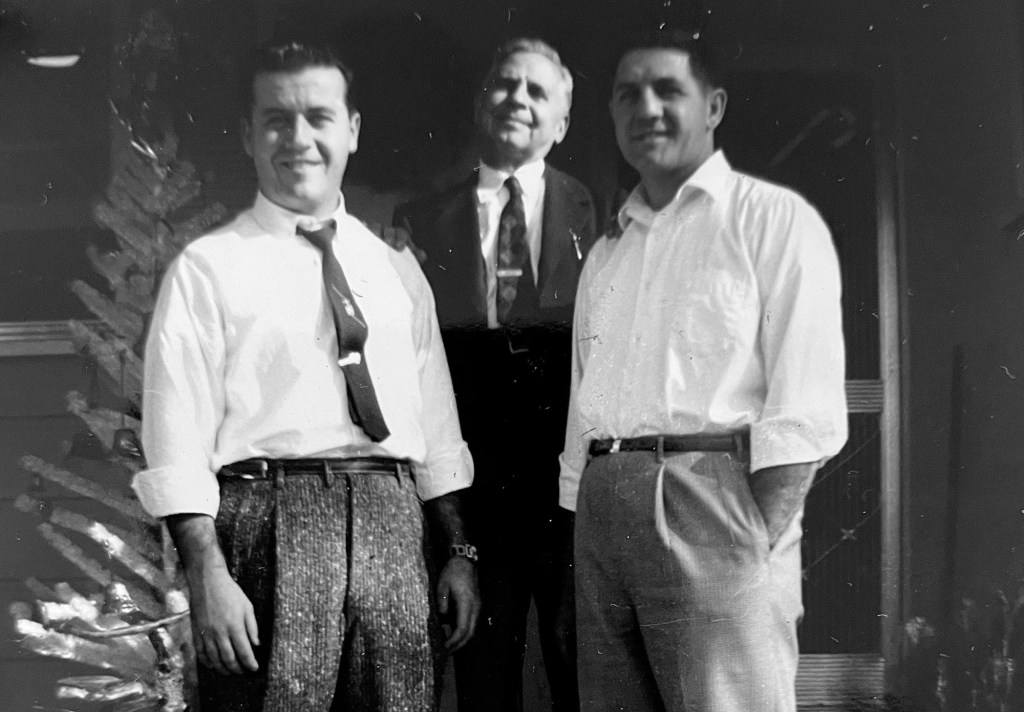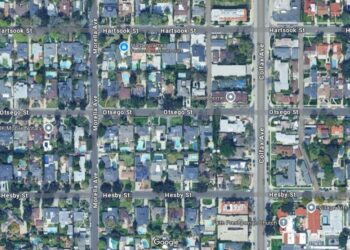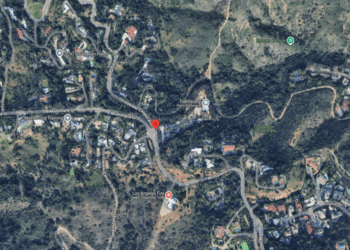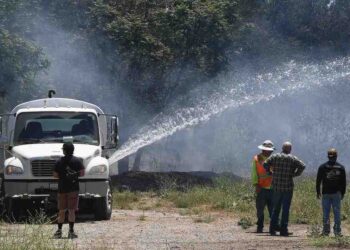Francisco Braiotta arrived at Ellis Island in October of 1911 — a 16-year-old boy from Calabria, Italy sent to America by his mother on an impossible mission.
Find your father. Tell him his family needs him.
The boy couldn’t speak English, knew no one, and the only money he had was the change in his pocket. Find your father.
An immigration official pinned a note to Francisco’s cap that read “Carbondale, Pa.,” and he was transported to New York City’s Penn Station where he sat alone for hours until someone finally noticed him, and put him on the right train.
An Italian family had offered to sponsor him and give him a place to stay. He got a job in the mines standing at a coal chute for 12 hours a day, six days a week separating the slag from the coal.
Most of the little money he made, he sent to his mother. He never did find his father who had abandoned his family, but he later learned he had been shot to death standing on a street corner in the Bronx by a jealous husband.
He never told his mother the truth, but every month for the rest of her life, money arrived from America to help keep a roof over her head and food on the table for his family in Italy.
Francisco Braiotta was my grandfather. He worked every menial job he could get — street sweeper, sanitation worker, ice man, cobbler, whatever it took to support his mother and later his own growing family in America after he married my grandmother.
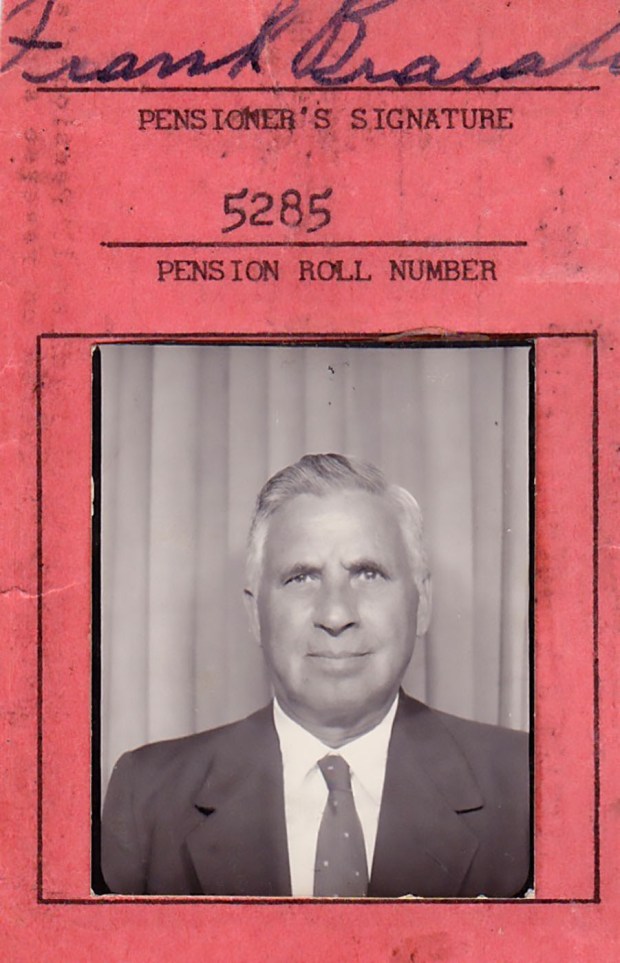
“If it snowed during the night, they would come with a truck, and whistle and holler up to our fifth floor apartment for him to get dressed and come down,” my mother wrote in a family history she left me shortly before she died.
“I used to cry because I didn’t want him to go. I believe his rheumatic heart was due to all that hard labor in the freezing cold. By the time he was in his mid-40s he had to retire.”
I never knew any of this as a boy because I never asked. I never took the time to sit with him and listen to him speak in his…
Read the full article here

